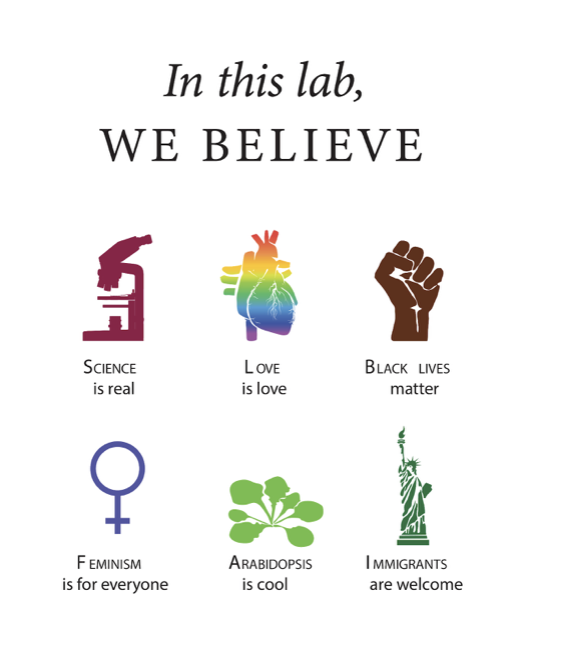About
@BerkeleyRAEL on Twitter (well, we used to be on twitter … we shall see now…)
The Renewable and Appropriate Energy Laboratory (RAEL) is a unique new research, development, project implementation, and community outreach facility based at the University of California, Berkeley in the Energy and Resources Group and the Department of Nuclear Engineering. RAEL focuses on designing, testing, and disseminating renewable and appropriate energy systems. The laboratory’s mission is to help these technologies realize their full potential to contribute to environmentally sustainable development in both industrialized and developing nations while also addressing the cultural context and range of potential social impacts of any new technology or resource management system.
The work in RAEL is guided by the principles of use-inspired basic research, interdisciplinary approaches to the needs that energy services can provide, and a dedication to understanding and addressing the opportunities and risks in the implementation of novel energy generation and management programs. At one level, the goal for RAEL is to update, integrate and nurture a collaborative synthesis of E. F. Schumacher’sSmall is Beautiful appropriate technology and development philosophy with the energy industry as it exists today. On another level, it is to promote sustainable development that includes deep cuts in greenhouse gas emissions and resource consumption.
RAEL will study how to evolve the current energy infrastructure through analysis of coal, oil, and integrated fossil-fuel/fuel cells systems, biomass energy, and combinations of energy-efficiency and renewables, as well as entirely new long-term energy options for industrialized, decentralized, and rural energy needs.
Today, over one billion people obtain most of their energy services from wood, charcoal, agricultural wastes and dung (biomass fuels), over two billion people have no access to electricity, and several hundred million more only have recourse to a limited, unreliable, or impossibly expensive supply. Despite the tremendous social, economic, health, and environmental benefits of widespread access to environmentally clean energy, many nations are unable to maintain even their current electrical grids, let alone afford the cost of extending electrical capacity to service the majority of their populations. The lack of basic energy resources and inefficient and unsustainable energy practices are perhaps the largest contributors to human, environmental, and global health problems today.
Further reading: AAAS Member Spotlight on Dan Kammen & RAEL
You must be logged in to post a comment.